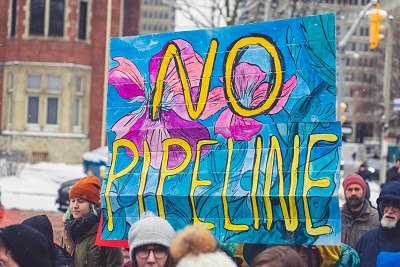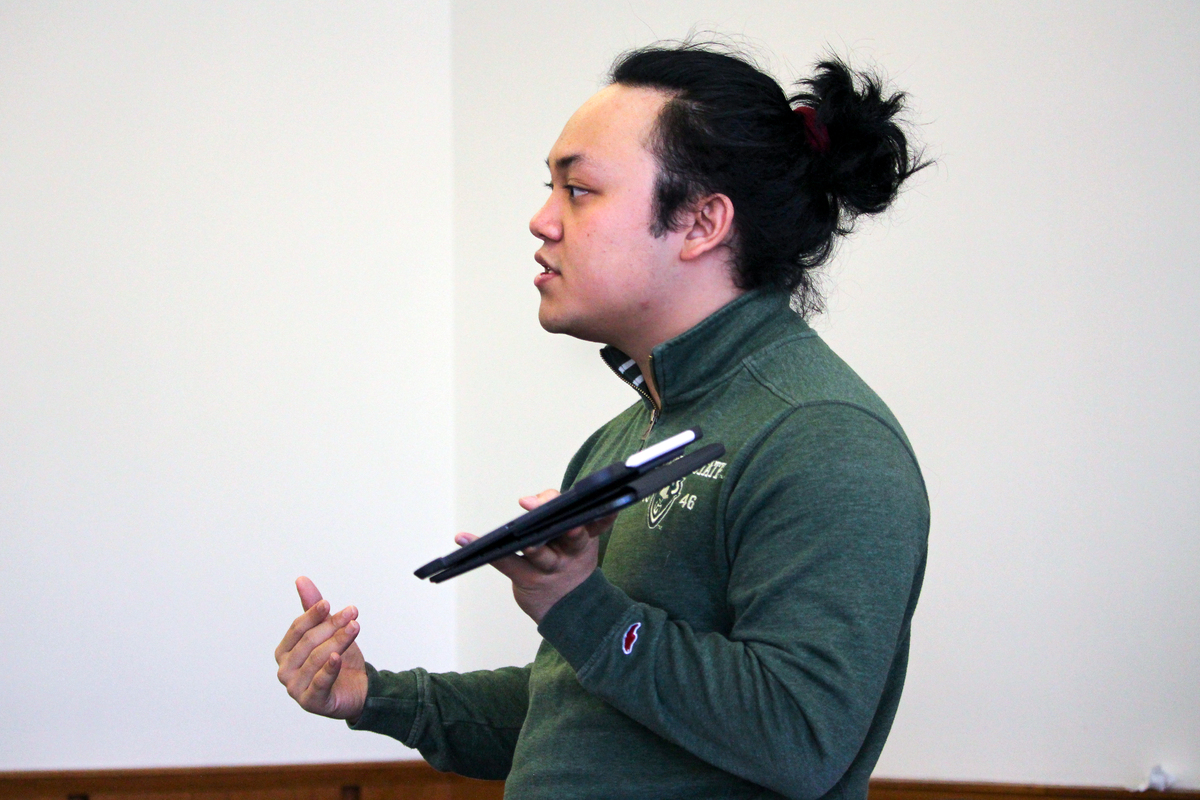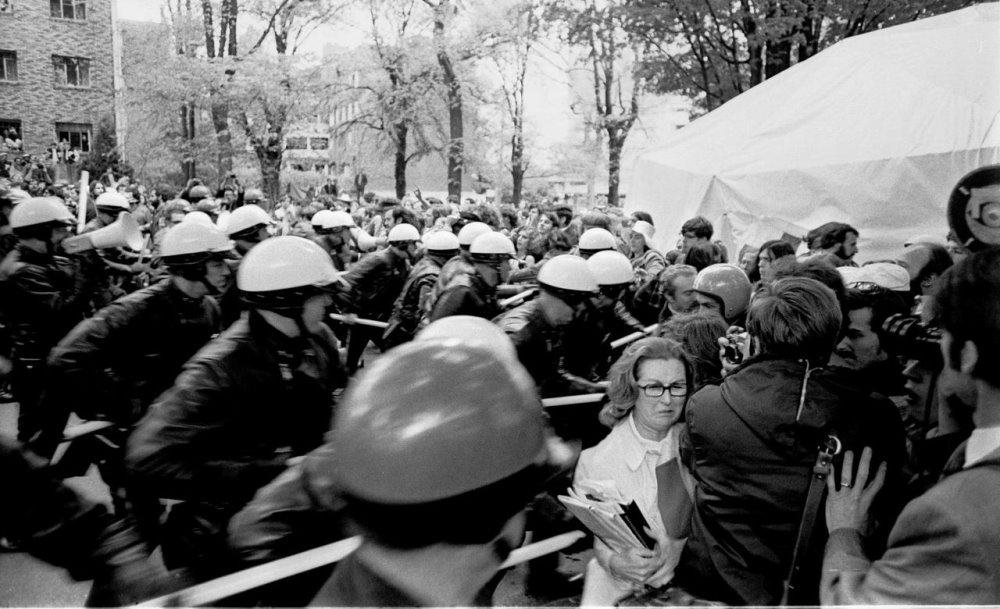Train service across Canada has come to a halt this month amid Indigenous-led protests against the Coastal GasLink pipeline. The 416-mile pipeline, which is slated to cut across tribal lands of the Wet’suwet’en First Nation in what is known today as British Columbia, has drawn sharp criticism from Indigenous leaders and their allies across Canada.
The pipeline project has been in the works since 2012, but the present resistance movement reflects broader issues of Indigenous sovereignty, recognition and self-determination in Canada.
Wet’suwet’en land defenders have been resisting the TC Energy-backed pipeline for years, but protests escalated in Jan. 2020 when Royal Canadian Mounted Police (RCMP) began raiding Wet’suwet’en camps. The armed raids on Wet’suwet’en ancestral lands ended with 28 arrests, according to a report in VICE News.
“We’re only here because of a continued denial of our sovereignty, our governing systems and our land rights,” said Indigenous Attorney Pamela Palmater in a recent interview with The Real News Network, an independent news network based in Baltimore, MD. “That’s the only reason why we keep having these flashpoints.”
Resistance to the GasLink Pipeline has not been limited to the Wet’suwet’en camps, nor was it forestalled by the recent RCMP raids. Protests in solidarity with the Wet’suwet’en have been taking place across Canada since early February. Other First Nations, allies and environmentalists have erected barricades on major Canadian rail lines. According to AP News, Canadian Via Rail has cancelled over 530 trains and laid off over 1,000 employees since the protests began. Solidarity protests have also disrupted legislative sessions in British Columbia.
The economic impact of the protests has put pressure on Canadian Prime Minister Justin Trudeau to resolve the escalating conflict. “The situation is unacceptable and untenable,” Trudeau said in a press conference last week. “The barricades need to come down now.”
Trudeau campaigned on the promise to push for reconciliation with Indigenous First Nations and expand green energy production. However, his administration has drawn repeated criticism from Indigenous groups and environmentalists for supporting controversial energy and extraction initiatives such as the Keystone XL pipeline in 2016 and the Trans Mountain pipeline expansion in 2019.
“We heard Mr. Trudeau talking about the inconvenience Canada has suffered,” Wet’suwet’en Hereditary Chief Woos Frank Alec said in a press conference on Feb. 21, referring to Trudeau’s criticism of the protests. “However, there is a difference between inconvenience and injustice.”
Wet’suwet’en Hereditary Chiefs contested the legal status of the pipeline and stated the pipeline will harm the ecosystem as well as sites which are culturally significant to the Wet’suwet’en people, who have called the area home for thousands of years.
Some elected leaders of the Wet’suwet’en have supported the pipeline, leading to confusion in reporting on the issue. The Canadian Broadcasting Corporation reported that Coastal GasLink announced they signed community and project agreements with 20 First Nations band councils, including the Wet’suwet’en.
The Wet’suwet’en elected band council leaders derive their authority from the band council system, established by the Canadian federal government through the Indian Act of 1876. The Indian Act deprived First Nations of the right to practice traditional forms of self-governance, imposing the band council system as a replacement.
The Indian Act has been described by the Assembly of First Nations as an apartheid law, and it violates First Nation Peoples’ right to self-determination, according to a 2010 UN special report. Wet’suwet’en Hereditary Chiefs, who are annually appointed by the community in traditional feast ceremonies, dispute the authority of the band council system, saying band council leaders lack legitimate jurisdictional rights to bargain with Coastal GasLink.
“We are here to protect these lands for all the future generations that depend on them,” said Dr. Karla Tait, a Wet’suwet’en leader and clinical director of the healing center at Unist’ot’en Camp in a video posted on Facebook earlier this month.
“We are making this stand peacefully, unarmed, with our hearts open and our minds clear. We know that we are taking a stance that is just, that is moral, that is in keeping with our laws and traditions.”
While Trudeau calls on protesters to dismantle the barricades, tensions remain high across Canada. Wet’suwet’en Hereditary Chiefs have said they will call off the blockades if RCMP troops and Coastal GasLink workers withdraw from their territory. It remains uncertain if Trudeau can formulate a solution conciliatory to the opposed interests of Indigenous land defenders and environmentalists and the fossil fuel industry.






